Mid-term evaluation of the MED GAIMS project for tourism promotion and preservation of cultural heritage in the Mediterranean
Gamification of tourism and touristic experiences to preserve cultural heritage
Title MED GAIMS – GAmifIcation for Memorable tourist experienceS
Location Lebanon, Spain, Italy, Jordan
Duration September 2019 – August 2022
Partners American University of Beirut (Lebanon), i2CAT Private Foundation, Internet and Digital Innovation in Catalonia (Spain), Directorate General of Antiquities (Lebanon), Alghero Foundation Museums Events Tourism (Italy), The Hashemite Kingdom of Jordan Ministry of Tourism & Antiquities – Department of Antiquities (Jordan), Jordan University of Science and Technology (Jordan), Neàpolis (Spain)
Framework Thematic objective A.1 – Development of entrepreneurship and SMEs and priority A.1.3 – Fostering sustainable tourism initiatives and actions of the European Commission
Funding European Commission ENI CBC MED Programme
Context
Today’s demanding and discerning tourists don’t want just to observe, they wish to experience places. In an effort to promote the concept of gamification in tourism, the project MED GAIMS will develop games in physical and virtual formats to create experiences for tourists, giving a necessary competitive edge to the attractiveness of less-known sites.
The project seeks to increase tourism flows, covering all niches and segments like off-season travellers, creating jobs opportunities and start-ups for gaming entrepreneurs. The project heavily relies on local communities to conceptualize and implement games, through self-employment or startups, for both high (technological) and low-skilled (manual, organizational) individuals, and new employment/business opportunities will be created for young people, women and local SMEs. The project will also influence the improvement of tourism reputation of concerned destinations offering enhanced experiences tested at the cultural level, fostering the exploration of more sites, longer stays and return visits.
The project aims at developing 40 games that will be implemented in 12 touristic sites from 8 destinations, generating benefits for 40 public actors (tourism destination managers, site managers, tourism policy officials), 40 private actors (from local civil society organizations, cultural and industry associations, schools, SMEs) involved in game design and game implementation as well as in business support activities, job seekers and young graduates
General Ojective
In order to evaluate the degree of achievement of project results, the Local Development Unit carried out a mid-term evaluation of the project. The analysis took into consideration two dimensions, the first concerned the country dimension of each individual project partner and the second the aggregate dimension.
Our contribution
The mid-term evaluation focuses on the use of results and tools that involved the project partners and key stakeholders at local and national level.
The Local Development Unit elaborated a set of data collection tools necessary to evaluate the project results in the mid-term evaluation report: desk analysis of project documentation, semi-structured interviews with the project leader, project partners, associated partners and main stakeholders.
For the mid-term evaluation, the Local Development Unit chose a methodology consisting of 4 levels of analysis:
- Assessment of the alignment between the MED GAIMS project strategy and the ENICBCMED objectives and priorities
- Analysis of the compliance of the project with the OSCE-DAC criteria.
- Analysis of the added value of the cross-border dimension of the project
- Analysis of the performance of the project with respect to the following aspects: visibility, social issues such as gender issues, youth involvement, environmental impact, raising awareness on concepts such as experiential tourism, game development for heritage purposes, and the interconnections between sustainable tourism and economic development.
Read more on our Local Development Unit
Related Projects
-

Social Impact Evaluation of the project “Housing Plus!” to contrast adult homelessness in Rome
-

Osteria Social Club, SROI evaluation of the social housing intervention of the Urban Housing Coop Net network
-

Mapping of social and health third sect organisations in inland areas of Tuscany for the TUSCANY HEALTH ECOSYSTEM – SPOKE 10 project
-

Action-research for the territorial development of the Casentino Valley
-

Social impact evaluation using the SROI methodology of small cocoa producers in Ecuador
-
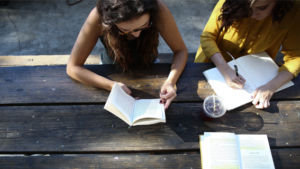
Betting on the Future: Youth and Territory in the Empolese Valdelsa Municipalities
-
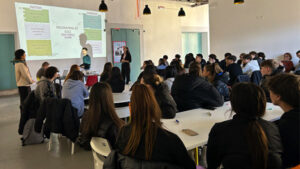
Generation 2030 training for local authorities on youth participation for sustainable development
-
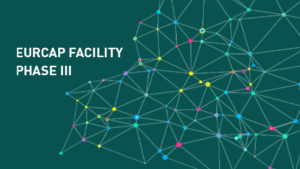
Capacity Building European Facility for the Readmission of Migrants – EURCAP, Final Evaluation
-
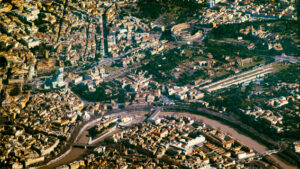
Voluntary Local Review of the Metropolitan City of Rome
-
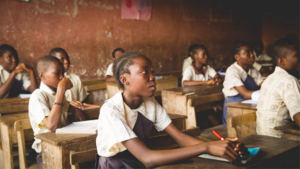
Evaluation of Dare to Hope, a project to create socio-economic alternatives to migration in Nigeria
-
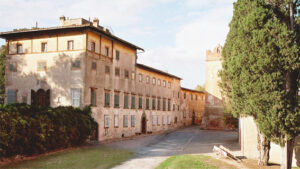
Territorial analysis for the recovery of the historic village of Villa Saletta
-

Territorial analysis for the enhancement of the Medici Gardens of Pratolino
-
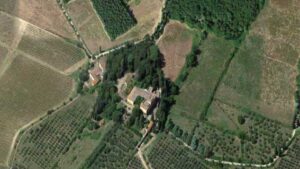
Studies and research for the eco-sustainable recovery, renovation and functionalization of the Villa Mondeggi Estate
-
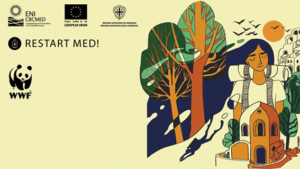
RESTART MED! capitalisation for the promotion of sustainable tourism in the Mediterranean
-
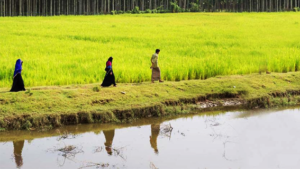
Evaluation of the project that fosters mainstreaming migration into international cooperation and development policies
-

Evaluation of the project INside AUT promoting the autonomy of persons holding international protection
-
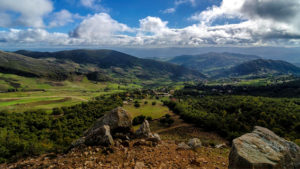
SDGs Localisation Strategies and Local Development in Tunisia
-
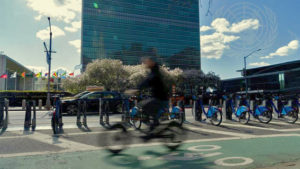
The Localization of the SDGs and post-pandemic recovery through enhanced multilevel governance
-

Migration and the localisation of SDGs: the role of diaspora associations for sustainable development
-
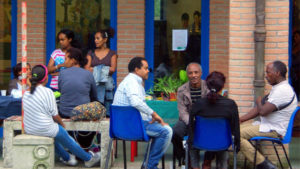
Final evaluation of the IOM project on municipalities and migration mainstreaming in Italy and Albania
-
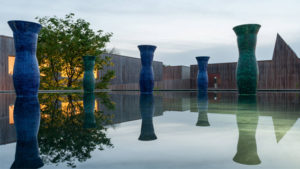
Territorial analysis for the valorisation strategy of Atelier Marco Bagnoli and the association Spazio X Tempo
-
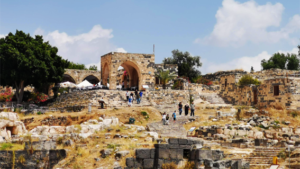
Mid-term evaluation of the MED GAIMS project for tourism promotion and preservation of cultural heritage in the Mediterranean
-

Territorial and socio-economic diagnostics for the Intermunicipal Structural Plan of Valdisieve
-
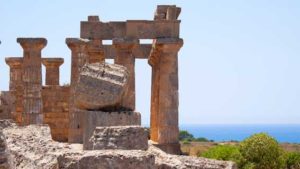
Evaluation of the CROSSDEV project to promote sustainable tourism in the Mediterranean
-

The Tuscan System of International Cooperation for the 2030 Agenda for Sustainable Development
-
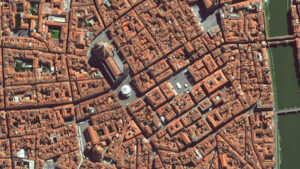
SDGs Localization for the 2030 Agenda for Sustainable Development for the Metropolitan City of Florence
-
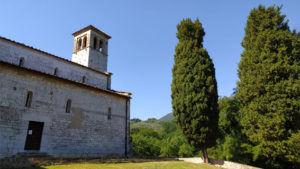
Development of sustainable tourism to preserve and enhance the Romanesque cultural heritage in Tuscany with Itinera +
-

SDGs localization to design sustainable development strategies | ARCO
-
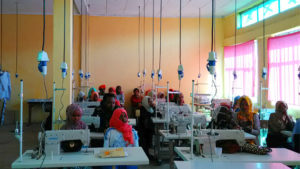
Mid-term evaluation of the project to contrast irregular migration in Ethiopia
-
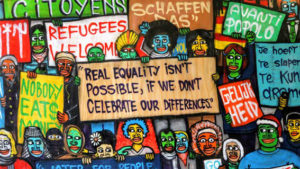
Evaluation of the SPRAR projects managed by ARCI Toscana
-
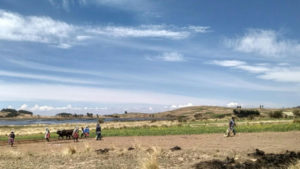
ECO.COM: strengthening local economic development in Bolivia
-
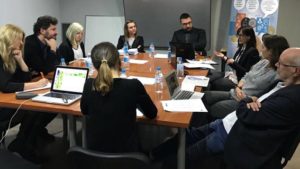
Cycle: il progetto per integrare l’economia circolare nella formazione per adulti
-
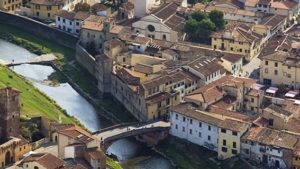
Need assessment to foster social inclusion in Tuscany
-

RB Tex: the new ethical label for the textile industry
-
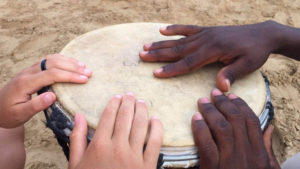
Investigating the link between migration and development in Italy
-
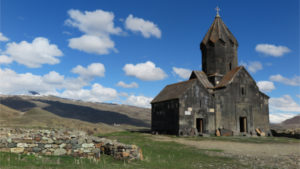
Action-research for ecotourism development in Armenia
-
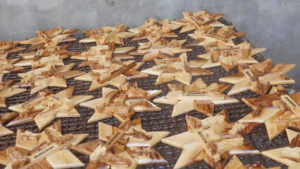
Increasing the sustainability of the local handicraft sector in Bethlehem
-
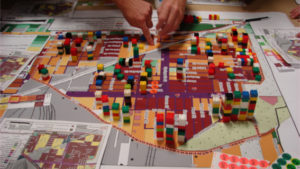
Strategic Plan of the Metropolitan City of Florence 2030
-
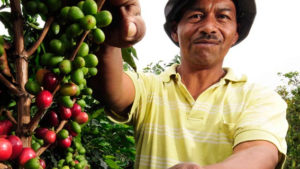
Impact evaluation of coffee cooperative in the Dominican Republic